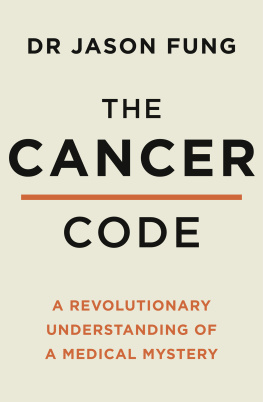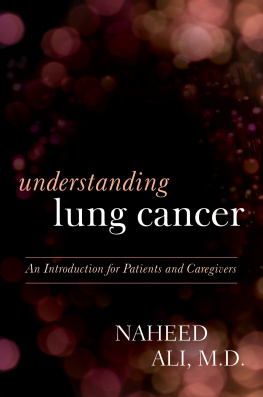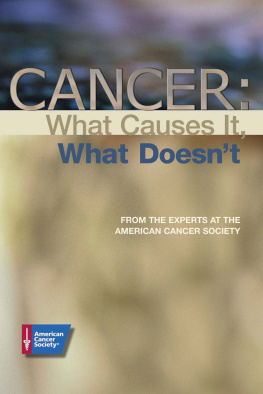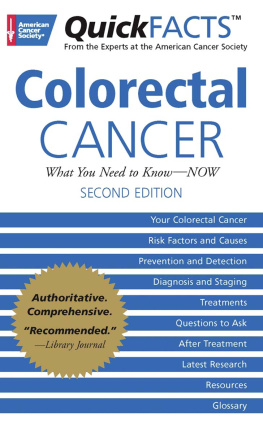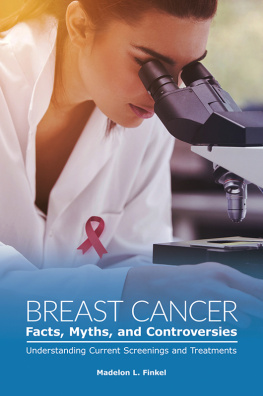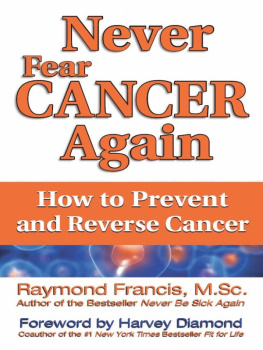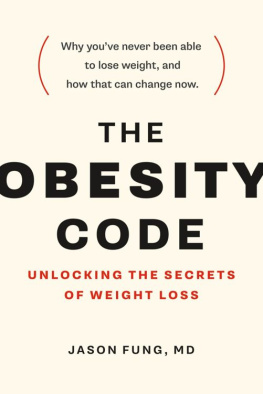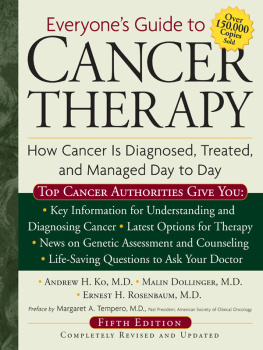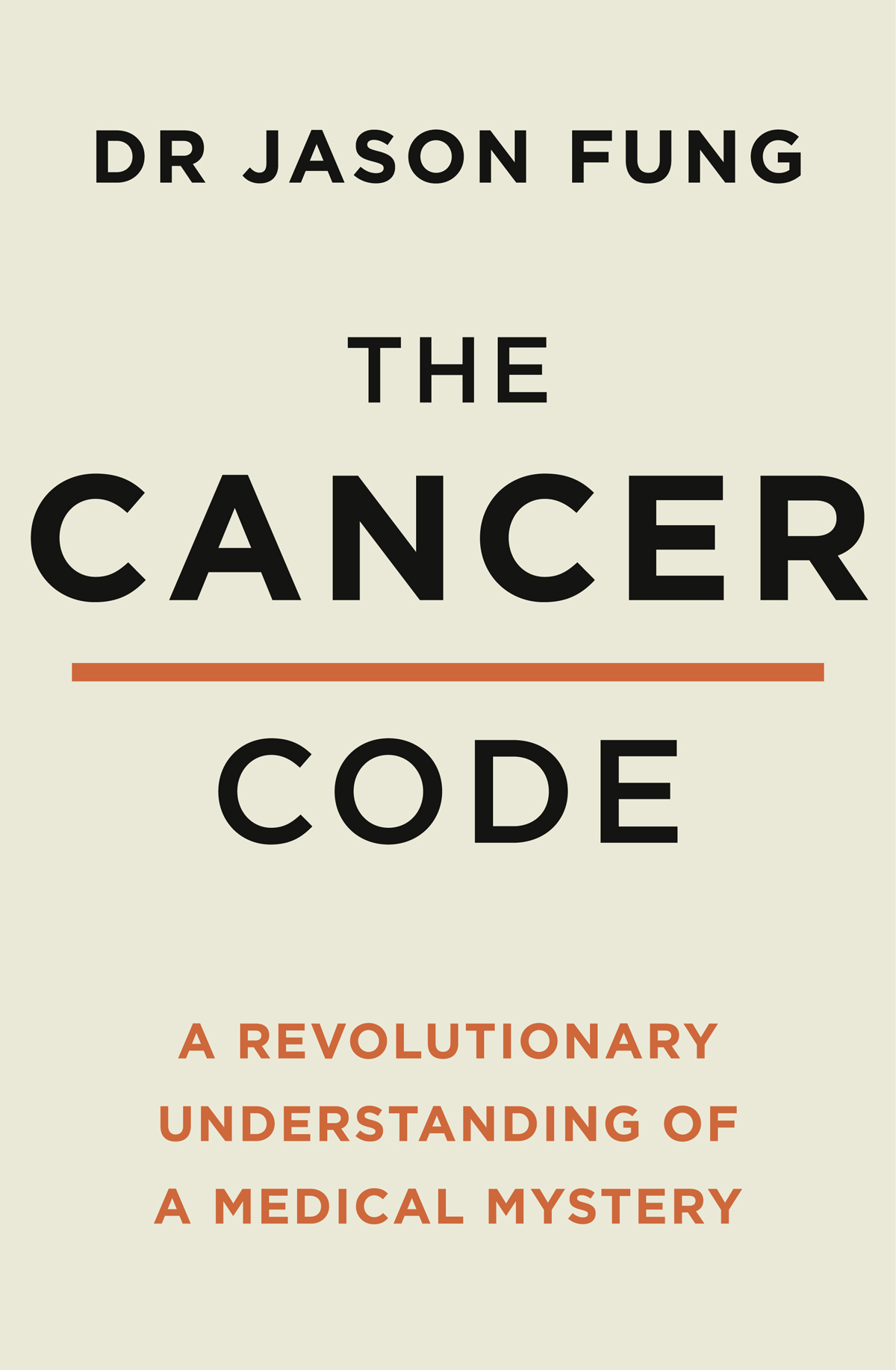CONTENTS
Guide
This book contains advice and information relating to health care. It should be used to supplement rather than replace the advice of your doctor or another trained health professional. If you know or suspect you have a health problem, it is recommended that you seek your physicians advice before embarking on any medical program or treatment. All efforts have been made to assure the accuracy of the information contained in this book as of the date of publication. This publisher and the author disclaim liability for any medical outcomes that may occur as a result of applying the methods suggested in this book.
Thorsons
An imprint of HarperCollinsPublishers
1 London Bridge Street
London SE1 9GF
www.harpercollins.co.uk
First published by Thorsons 2020
FIRST EDITION
Jason Fung 2020
Cover layout design HarperCollinsPublishers Ltd 2020
Author photograph Dean Macdonell
Unless otherwise noted, illustrations are courtesy of the author: : Dr. Mette Kalager
A catalogue record of this book is available from the British Library
Jason Fung asserts the moral right to be identified as the author of this work
All rights reserved under International and Pan-American Copyright Conventions. By payment of the required fees, you have been granted the nonexclusive, non-transferable right to access and read the text of this e-book on screen. No part of this text may be reproduced, transmitted, downloaded, decompiled, reverse engineered, or stored in or introduced into any information storage retrieval system, in any form or by any means, whether electronic or mechanical, now known or hereinafter invented, without the express written permission of HarperCollins e-books.
Find out about HarperCollins and the environment at www.harpercollins.co.uk/green
Source ISBN: 9780008436209
Ebook Edition November 2020 ISBN: 9780008436216
Version 2020-10-23
Dedicated to my beautiful wife, Mina, and my sons, Jonathan and Matthew, for all their love, support, and patience. I could not have done it without you.
CONTENTS
This ebook contains the following accessibility features which, if supported by your device, can be accessed via your ereader/accessibility settings:
- Change of font size and line height
- Change of background and font colours
- Change of font
- Change justification
- Text to speech
- Page numbers taken from the following print edition: ISBN 9780008436209
I ONCE ATTENDED a hospital meeting where the director of a new program presented its past years accomplishments. Over a million dollars had been raised from the community for this new program, and hopes were high. I wasnt among those in the room impressed with the results being touted, but I kept quietbecause it wasnt really my business and because my mother taught me that if you dont have anything nice to say, you shouldnt say anything at all. Yet that didnt stop me from thinking that this program had wasted precious time and resources.
All around me, other participants were expressing their support. Great job! Congratulations! Excellent work! Even though it was obvious to everyone that there was little of value to show for the last year, most of the medical professionals around me played along with the sentiment that everything was great, just great. Nobody, myself included, stood up and yelled, The emperor has no clothes!
This problem is not unique to my hospital, but is pervasive in all of public health; it is how any bureaucracy functions. While keeping critical opinions to yourself is generally useful in personal relationships, its not useful when it comes to the advancement of science. In order to solve problems, we need to know that they exist. Only then can we understand how current solutions fall short and improve on them. Lives depend on it, after all. But in medical research, opinions that dissent from the specified narrative are not welcome. This problem cuts across entire disciplines, such as the study of obesity, type 2 diabetes, and yes, cancer.
OBESITY
We are witnessing the greatest epidemic of obesity in the history of the world. Look at any statistic about global obesity and youll find the news is bleak. In 1985, not a single American state had a prevalence of obesity above 10 percent. In 2016, the Centers for Disease Control and Prevention (CDC) reported that no state had a prevalence of obesity under 20 percent, and only three states had rates below 25 percent. Yikes! We cant simply blame bad genetics, because this change has taken place within the last thirty-one years: a single generation. Clearly, we need interventions, sustainable solutions to help people lose pounds and then maintain a healthy weight.
For decades, weve fooled ourselves into believing we have a prescription for obesity: counting calories. The CDC suggests that To lose weight, you must use up more calories than you take in. Since one pound of body fat contains approximately 3,500 calories, you need to reduce your caloric intake by 5001000 calories per day to lose about 12 pounds per week. This is fairly standard advice that you can find repeated the world over by doctors and dieticians, and reported in magazines, textbooks, and newspapers. Its the same dietary advice I learned in medical school. Any physician who suggests that there is a way to lose weight by any other means is largely considered a quack. But the medical communitys obsessive focus on calories has not translated into any success against the obesity epidemic. If we cannot acknowledge that our solutions fall far, far short, we will be powerless to fight the rising tide of obesity.
Few can admit that the advice to eat less, move more doesnt work. Yet the crucial first step toward solving the obesity epidemic is to admit to our shortcomings. Advice to count calories is neither useful nor effective. Instead, as Ive argued, we must acknowledge that obesity is a hormonal imbalance rather than a caloric one. Lets embrace the truth and move forward so that we can develop interventions that actually work. Only then do we stand a chance of turning the tide on this public health crisis. As the brilliant economist John Maynard Keynes is quoted as having said, The difficulty lies not so much in developing new ideas as in escaping from old ones.
TYPE 2 DIABETES
The horrifying epidemic of type 2 diabetes closely mirrors that of obesity. According to the CDC, about one in ten Americans suffers from type 2 diabetes. Worse, this number has risen steadily over the past few decades, with no salvation in sight (see ).

Figure 1.1: Number and percentage of U.S. population with diagnosed diabetes, 19582015.
Medications that lower blood glucose, like insulin, are the standard treatment for type 2 diabetes. Over time, patients usually require higher and higher doses of these medications. If youre taking more insulin, then its pretty obvious that your type 2 diabetes has become more severe. Yet we in the medical community (researchers, doctors) simply maintain the position that type 2 diabetes is a chronic and progressive disease, and thats just the way things are.
None of this is true. When a patient loses weight, their type 2 diabetes almost always improves. We dont need to prescribe more medication to diabetics; we need to fix their diets. But we have been unwilling to admit that our treatment approach is flawed. That would mean deviating from the agreed-upon narrative that our researchers and doctors are making brave progress against a terrible disease. Admit a problem? No way. The result? A continuing epidemic. Again, as with obesity, if we cannot acknowledge that the prevailing treatment protocol falls far, far short of acceptable, then we will continue to be powerless to help those suffering.

